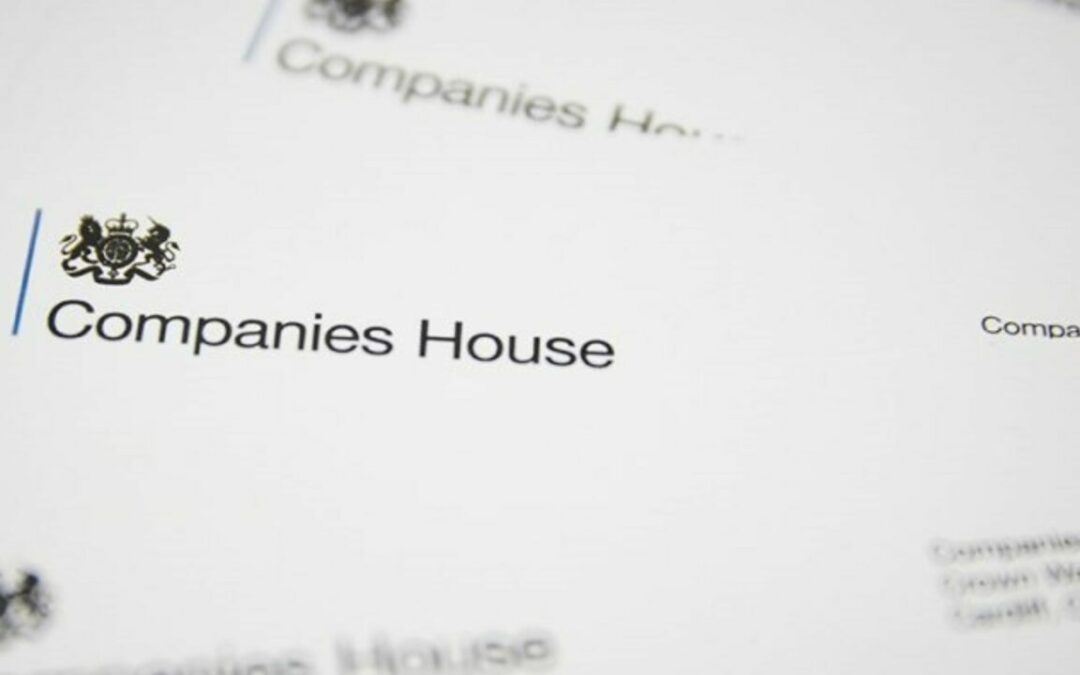HMRC bypasses individuals and requests financial data directly from companies that employ overseas workers. If you work abroad, are you confident in your tax compliance? Find out how HMRC tracks earnings and what you must do to avoid penalties.
We recently shared an article explaining why individuals working overseas should complete a tax return. Since then, it has come to our attention that HMRC has been bypassing individuals and directly approaching companies employing overseas workers to request financial data. This demonstrates the power HMRC has to access information and how they can identify individuals who are not staying compliant.
Rather than contacting workers directly, HMRC can issue legal notices to companies, requiring them to disclose details of employees or contractors with a UK passport or address. The information requested includes names, addresses, and earnings over a specified period. While companies can challenge these requests in court, they must comply where the law is upheld.
What Does This Mean for You?
If you are a client of ours and up to date with your tax obligations, you can take this as reassurance that you are fully compliant. However, if you work overseas and haven’t considered your tax position, you could be at risk of penalties if HMRC gains access to your financial data.
What Should You Do?
If you work abroad and are unsure about your tax position or know you haven’t filed a tax return, now is the time to act. We are here to help – reach out for guidance and advice to ensure you remain compliant before HMRC comes knocking.
Do You Need to Fill Out a Tax Return When Working Overseas? – Whittaker & Co
Visit our News Hub for the latest – News – Whittaker & Co (whittakerandco.com)
info@whittakerandco.com
+44 (0) 1686 610662






